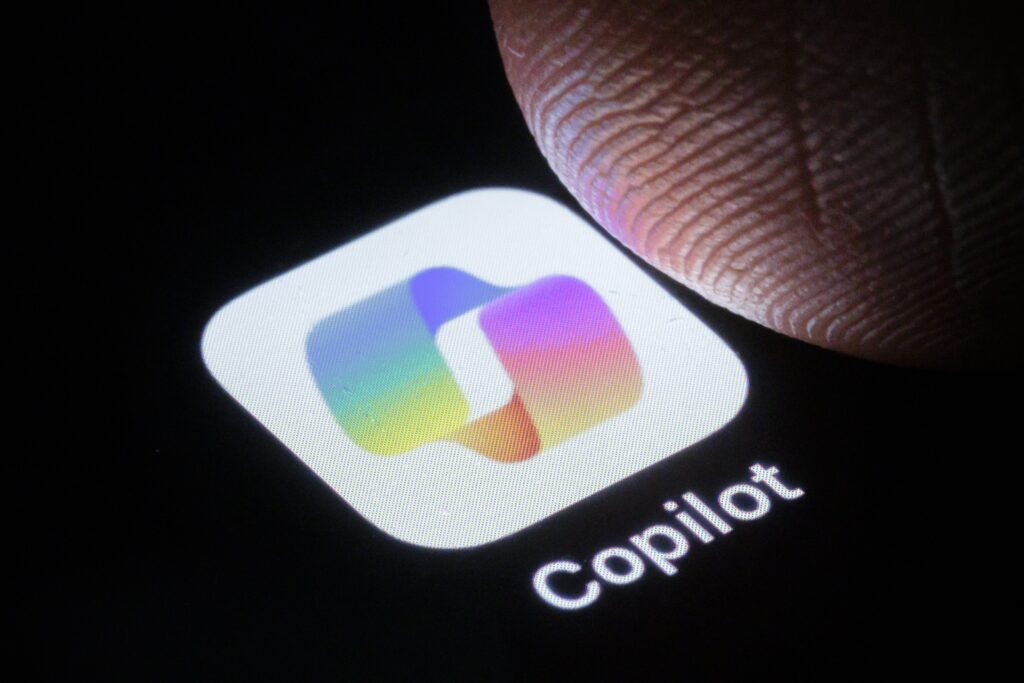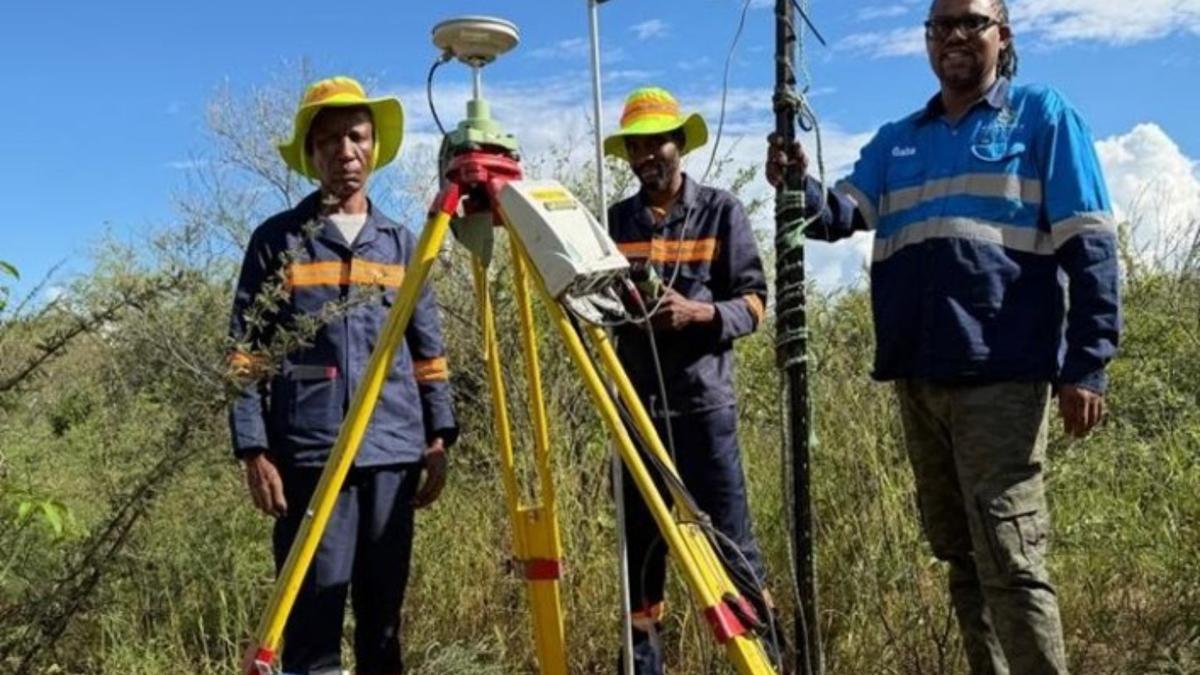
The recent wave of layoffs at Microsoft, one of the largest in the company’s history, has left thousands of employees grappling with uncertainty. In the midst of this upheaval, an Xbox executive has suggested that artificial intelligence tools could offer some relief. Matt Turnbull, an executive producer at Xbox Game Studios Publishing, shared his thoughts in a now-deleted LinkedIn post, recommending Microsoft Copilot as a means to manage the emotional toll of job loss.
On July 1, Microsoft announced the termination of approximately 9,000 employees, roughly four percent of its workforce, as part of a strategy to adapt to a “dynamic marketplace.” This move primarily affected the gaming division, including Xbox staff. The layoffs follow previous reductions earlier in the year, where 6,000 employees were let go, and a significant cut in 2023 that saw 10,000 jobs eliminated.
AI Tools as Emotional Support
Turnbull’s endorsement of AI tools like Microsoft Copilot and ChatGPT comes during a time when many tech companies are downsizing, citing market shifts and the rise of generative AI. In his post, Turnbull acknowledged the strong feelings these tools might provoke but emphasized their potential to alleviate the cognitive and emotional burdens associated with job loss.
“At a time when mental energy is scarce, these tools can help get you unstuck faster, calmer, and with more clarity,” Turnbull wrote. He suggested using Copilot not only for job searching but also for gaining “emotional clarity and confidence.”
Industry Trends and AI Integration
The tech industry is increasingly turning to AI to streamline operations. High-profile leaders like Meta’s Mark Zuckerberg and Klarna’s Sebastian Siemiatkowski have openly discussed replacing certain roles and workflows with AI technologies. Microsoft Copilot, in particular, has become a staple for Microsoft employees, even as the company struggles to market it to other businesses.
In May, CEO Mustafa Suleyman highlighted efforts to position Copilot as an emotionally supportive companion for younger generations. According to Fortune, Copilot can now “sense a user’s comfort boundaries, diagnose issues, and suggest solutions.”
Concerns Over AI in Emotional Health
Despite the potential benefits, the use of AI as a substitute for human interaction in emotional and psychological support raises concerns. The American Psychological Association has urged the Federal Trade Commission to scrutinize chatbots that claim to offer mental health support, warning against deceptive advertising practices.
Moreover, the integration of AI tools by therapists, including agentic AI and digital notetakers, has sparked debates over digital privacy. Nevertheless, tech companies continue to develop “emotionally intelligent” agents, with OpenAI’s CEO Sam Altman describing ChatGPT as a life adviser for young adults.
Looking Forward
The suggestion to use AI tools like Microsoft Copilot as a coping mechanism for laid-off employees highlights a broader trend in the tech industry: the increasing reliance on AI to navigate both professional and personal challenges. As these technologies evolve, the conversation around their ethical implications and effectiveness in providing genuine support will likely intensify.
As Microsoft and other companies continue to adapt to changing market conditions, the role of AI in the workplace and beyond remains a critical topic of discussion. The balance between leveraging technology for efficiency and maintaining human-centered support systems will be crucial in shaping the future of work.






